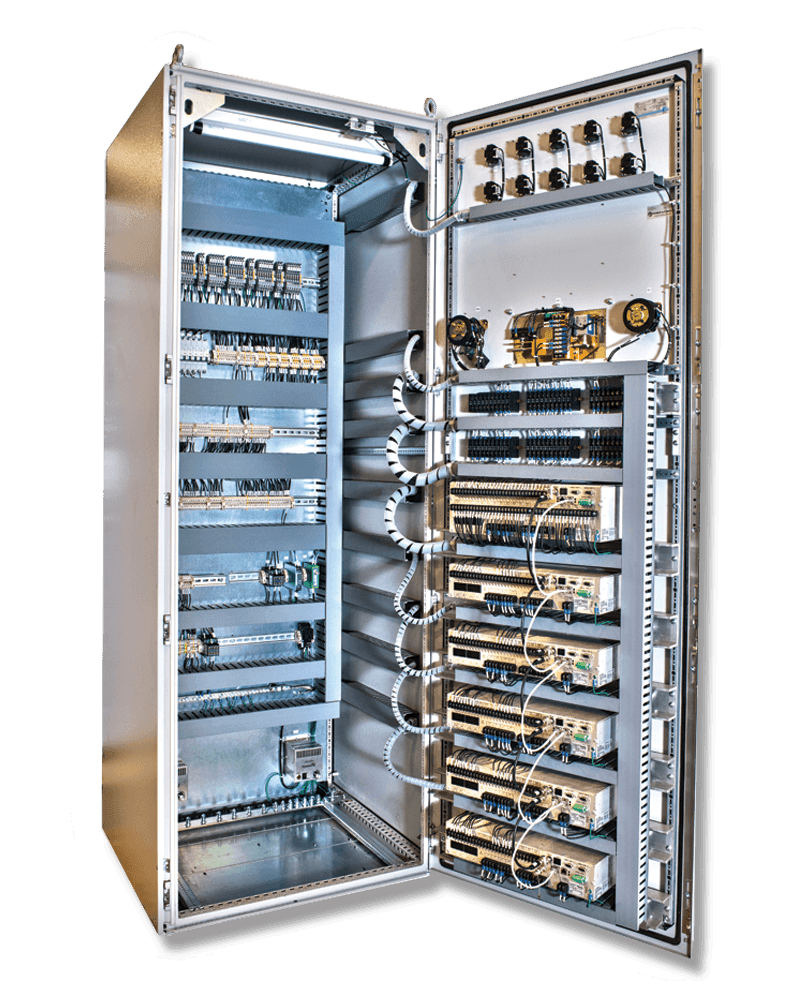Are you properly testing your motors?
The importance of motor insulation testing should not be pushed aside or neglected. Making sure the insulation around the motor is still working efficiently is just as important as checking motors and testing their performance. This insulation is susceptible to dirt, moisture, temperature, vapors, oil, and aging. However, if the insulation is not kept in good condition, it can cause motor failures, which is much more costly and damaging, then simply testing and taking care of the insulation itself.
Testing the insulation resistance can save money through maintenance of the motor and replacement. Every time there is an issue with the motor or it needs replaced or recalibrated, maintenance crews must be paid and production must be stopped during these time periods. By testing the resistance of the insulation, these issues are less likely to occur and only the testing would need to have a regular maintenance worker, rather than halting production and having to have a group work on replacing the motor and all the connections. The following are some ways to test your insulation and keep your motor running longer.
- Manual testing: This should be done every time a motor is disconnected for service or a new one is shipped in before it is reconnected to all of the terminals. Manual testing can also be done while the power is turned off for the system, unlike automatic testing.
- Automatic testing: This does save money by doing it on its own, but it does not eliminate the need for manual testing in situations like those listed above.
- Voltage test: This is one of the first technical values that should be tested. The voltage testing for DC circuits is cheaper and easier to conduct with less invasive equipment, but AC motors can still be tested using twice the nameplate voltage plus 1000 volts. Based on the cable ratings, the voltages should be tested accordingly, but it is still important to follow manufacturer voltage recommendations.
- Connection tests: Here it is important to test if all the connections in and connecting to the motor are working properly. Be sure to ground all of your testing devices along with the motor properly to get accurate ratings for these tests.
- Test the charge: With components and connections that have polarity and areas that absorb charge it is important to test these components when reinserting a motor into the production line.
Overall, it is important to test the resistance of your insulation on motors in order to save money on maintenance and replacing motors. To get help and see how you can implement more testing techniques talk to one of our professionals at PanelShop.com.






